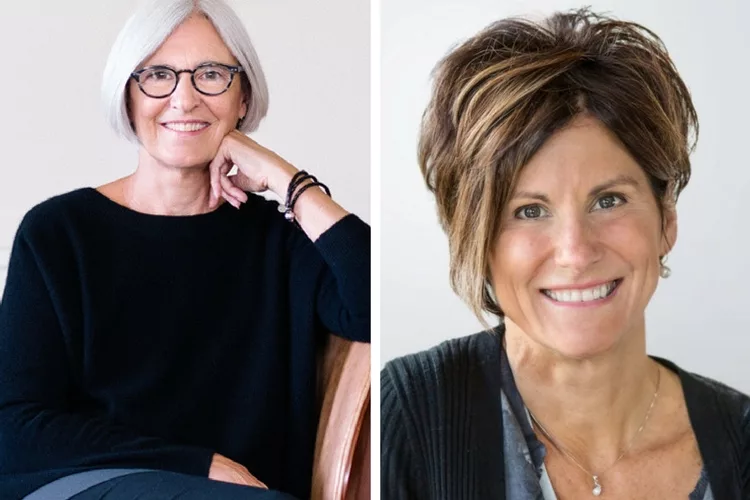Editor’s Note: This post was originally published on B The Change.
Each year, leaders of B Corporations gather from around the world to share successes, brainstorm struggles, and create a stronger community of people using business as a force for good. In 2016, the gathering was focused on the theme “Towards an Inclusive Economy.”
Business leaders discussed what an inclusive economy is and why it matters. They shared ways to create opportunity for all people, to make it possible for all people to live with dignity and support themselves and their families, and to allow all people to make a contribution to their communities. Leaders promoted the ways business can do this most effectively and the role of business in creating an economy that is more inclusive.
Several leaders of B Corps took the stage during the event to give a “B Inspired” talk on the theme of inclusion. Below, Rebecca Rosen of The Atlantic speaks with Eileen Fisher, founder and chair of her eponymous apparel brand, and Mary Powell, CEO of Green Mountain Power, about the particularities of female leadership styles in socially conscientious business.
Rebecca Rosen: There’s such an interesting contrast between the two of your fields. Energy is pretty male dominated. Being a woman leader is rather unheard of. Fashion is also pretty male dominated, but your company within that space is 80 percent women. Can you talk a little bit about Eileen Fisher as a place that has so many women? How that’s shaped the business; how that’s shaped your organizational structure?
Eileen Fisher: Being a women-run business … maybe because I struggled to speak, there was a lot of listening. Women tend to be a little more receptive. We worked in circles; we really listened; we tried to include everyone sort of family-style. There was a lot of emphasis on things like relationship … If the relationships didn’t work, the work didn’t work, so we were always working on getting people to not fight and work together.
As the company got bigger, it got harder to function and actually make decisions in that kind of organic, sort of feminine structure. A few years ago we started to really focus on thinking of masculine and feminine and how it works together. We’re calling it circles and triangles. The circular is good, but you also have to move forward, you have to make decisions, and you have to have a clear plan of how you are going to do that and who’s going to make decisions, especially as the organization gets larger. I’m really interested in leading from this feminine model.
We have some interesting policies. We have a wellness plan. Everyone gets an extra $1,000 a year in addition to their healthcare for things like alternative health or other things — you could get a massage, or you can learn about nutrition, or you can do anything that promotes your wellness — buy a musical instrument if you want to. We’ve known that when people are well and healthy and feel good then they do better. Kids get up and go to school. I guess all moms knew that, but we know that when people feel good they work better.
The other thing is we have a rule of no emails on the weekend. This is just a little example, but again — we know it’s not about driving people hard but really getting people lit up about the work that they’re doing. The cool thing about that is then the person sending the email feels guilty rather than the person who didn’t respond to the email.
Mary Powell: My passion is bringing love in whatever you’re doing to whoever you serve, and that the only way to do that is to work in a group of really motivated folks that are really, really comfortable being their authentic self but that also know how to move with some speed. I came into an industry that is very, very bureaucratic: all process, no action, all about analysis-paralysis, all about talking about things in technical terms versus the love of the customers that you serve or the people that you work with, and so really my whole focus was on, at first, developing an organization that was about being fast, fun, and effective.
A huge breakthrough was when people felt like they could actually communicate with each other outside the confines of whatever the hours of the day were. To me it was so awesome when I saw people actually emailing each other because it was they had the fire in the belly; it wasn’t about saying, “Oh, I’m working and you’re not.”
I’m used to that; I’ve seen that in corporations. It felt like it came more organically from a sense of people being so passionate about what they’re doing and wanting to share things they heard/saw, versus sharing.
Read the whole interview at B The Change.





